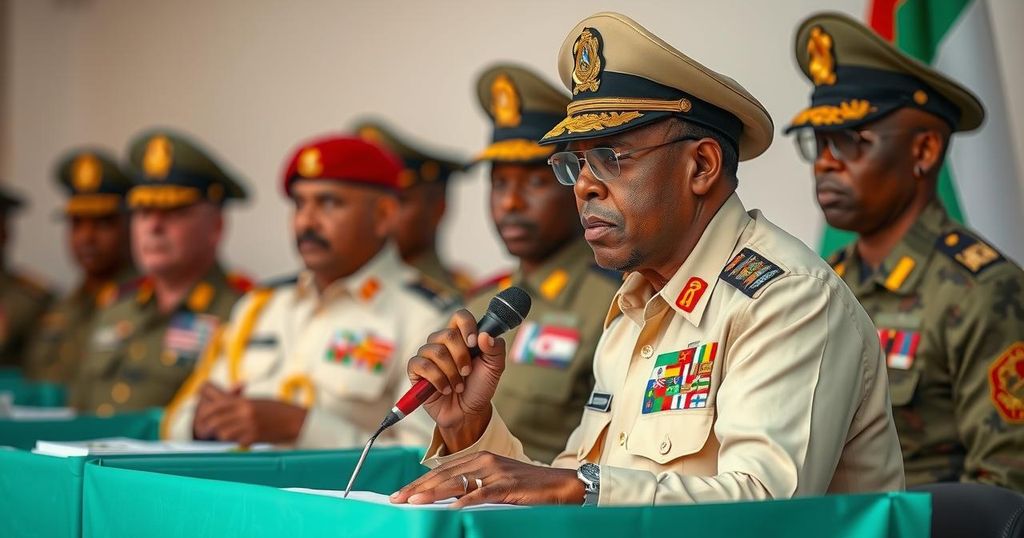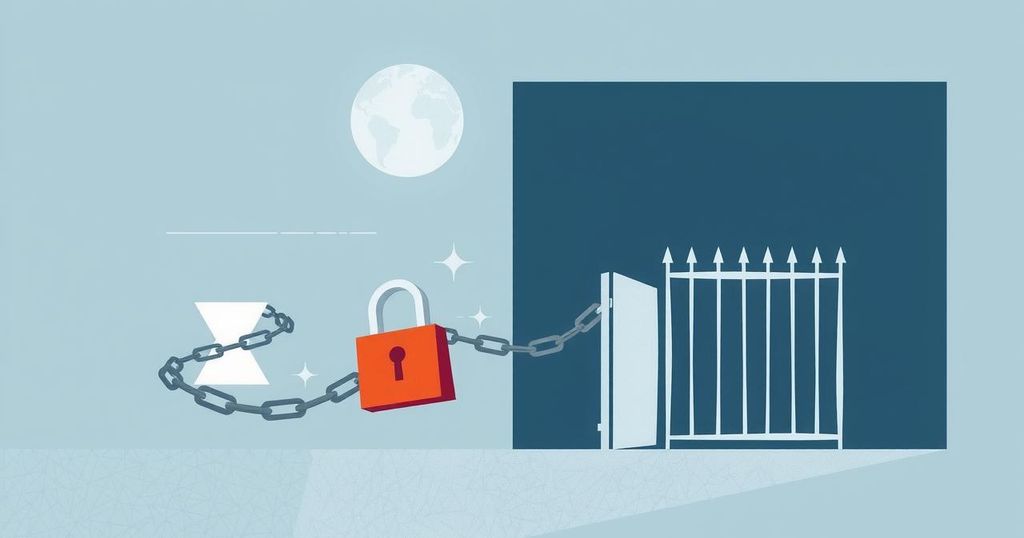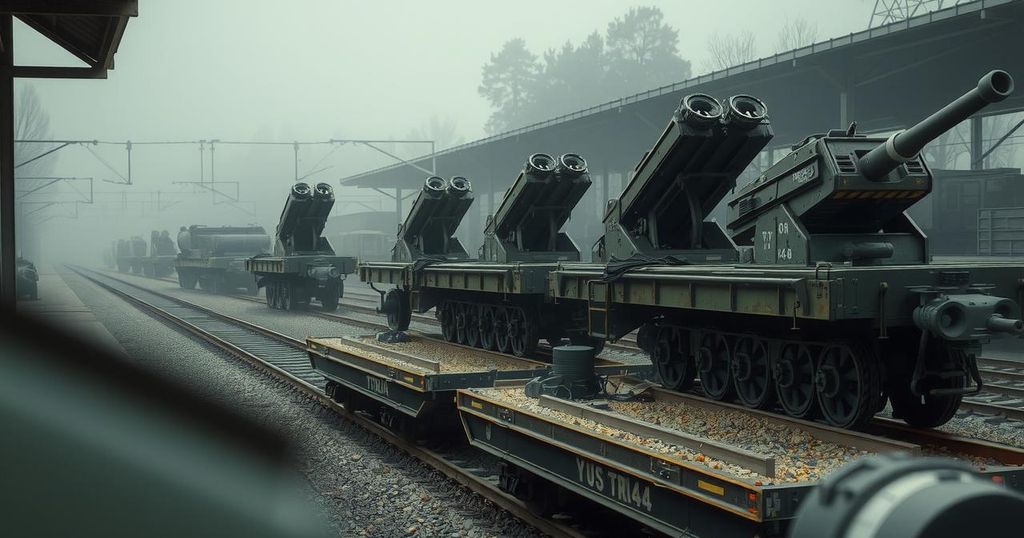Chad’s General Election: Low Turnout Amid Opposition Boycott
Chad held a general election this Sunday aimed at ending military rule, but voter turnout was only 38% due to an opposition boycott. Government officials attributed low participation to weather conditions, while opposition leader Succes Masra claimed most voters stayed home, asserting that the results had been predetermined. President Deby urged citizens to vote, yet skepticism remains about the electoral process amidst accusations of fraud and a lack of genuine democracy.
In a general election held on Sunday, Chad aimed to transition away from three years of military governance; however, the anticipated voter turnout was low due to a boycott spearheaded by opposition parties. Preliminary reports from the country’s elections management agency indicated that only 38 percent of eligible voters participated in selecting representatives for parliament and local councils. While government officials attributed this apathy to “cold weather”, opposition leader Succes Masra claimed that the majority stayed home as directed, arguing that the election results had been predetermined.
The boycott effectively cleared the way for candidates aligned with President Mahamat Idriss Deby Itno, who has faced criticism for his rise to power following a military takeover in 2021 and subsequent questionable election results. In a call to action, Deby urged citizens via social media to exercise their right to vote and emphasized the historical significance of the day. Despite the government’s assertion of record turnout among specific demographics, many citizens expressed skepticism about the electoral process.
Young voters, such as Herve Natouingan, expressed disillusionment, stating that participating in the election felt “pointless” in an environment where genuine democracy was perceived to be absent. Others, like Patrice Lumumba Deoumoundou, voted with the hope for transformative changes, seeking improved living conditions amid rising costs. The elections were conducted amidst a heightened military presence due to ongoing security threats from factions such as Boko Haram.
Election day was further complicated by logistics, as soldiers and law enforcement had voted the day before for ease of administration. Accusations of election misconduct surfaced from opposition groups, with reports of voting materials going missing. As the electoral process unfolded, discussions about Chad’s trajectory towards democracy continued, particularly in the wake of the late president’s enduring legacy of three decades in power.
The elections signal an important chapter in Chad’s political landscape, as the ruling administration emphasizes its commitment to democratization. However, the response of the electorate reflects deep-seated concerns about legitimacy and the future governance of the nation.
Chad’s political climate has been tumultuous since the military transition of power following the death of former president Idriss Déby. The current leadership, under Mahamat Idriss Deby Itno, is attempting to navigate the complexities of reinstating a civilian governmental framework while facing criticisms from opposition factions. The opposition’s call for a boycott during the elections, alongside allegations of ballot manipulation, underscores significant challenges in fostering political engagement and trust among citizens. Observers note that the historical context of Chad’s governance heavily influences current public sentiment regarding elections as a credible means of political change.
In conclusion, the recent general election in Chad marks a pivotal moment in the country’s ongoing shift away from military rule. While the government has promoted the elections as a crucial step toward democratic transition, the low voter turnout and widespread opposition boycott raise serious questions about the legitimacy and operational integrity of the electoral process. As Chad navigates its political future, the voices of its citizens will be critical in shaping the path ahead, particularly when trust in governance remains fragile.
Original Source: www.myleaderpaper.com




Post Comment